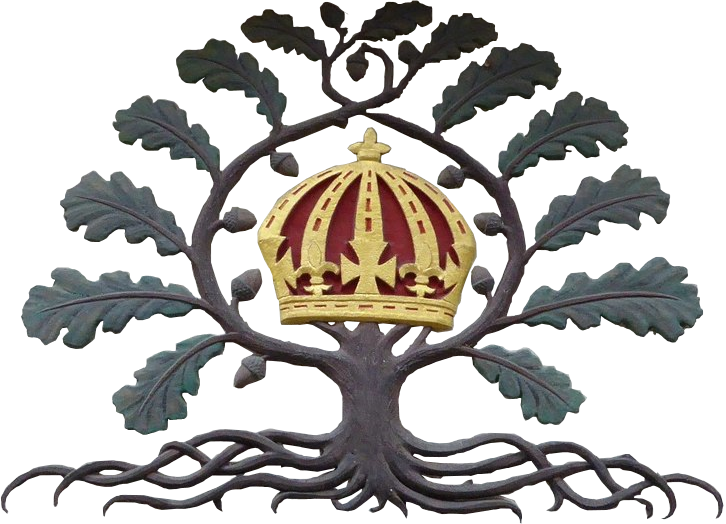MPs elected in the British general election, 1754
| 9th Parliament | (1741) |
| 10th Parliament | (1747) |
| 11th Parliament | (1754) |
| 12th Parliament | (1761) |
| 13th Parliament | (1768) |

This is a list of the 558 MPs or Members of Parliament elected to the 314 constituencies of the Parliament of Great Britain in 1754, the 11th Parliament of Great Britain. [1]

The Parliament of Great Britain was formed in 1707 following the ratification of the Acts of Union by both the Parliament of England and the Parliament of Scotland. The Acts created a new unified Kingdom of Great Britain and dissolved the separate English and Scottish parliaments in favour of a single parliament, located in the former home of the English parliament in the Palace of Westminster, near the City of London. This lasted nearly a century, until the Acts of Union 1800 merged the separate British and Irish Parliaments into a single Parliament of the United Kingdom with effect from 1 January 1801.
Contents
The candidates returned in contested elections are listed in the descending order of the number of votes received.
The Tory versus Whig party division, which had originated in the Exclusion Bill debates in the seventeenth century, was almost extinct by 1754. Whilst some members were still identifiable as being of a Tory or Whig persuasion, few contested elections turned on party cries. The hotly contested Oxfordshire and Reading elections were amongst the few where party in the old sense mattered at all and 1754 was the last such election in those areas. Identification by party in the list below is therefore of limited significance, particularly as to the future loyalties of the politician concerned.

A Tory is a person who holds a political philosophy known as Toryism, based on a British version of traditionalism and conservatism, which upholds the supremacy of social order as it has evolved throughout history. The Tory ethos has been summed up with the phrase "God, King, and Country". Tories generally advocate monarchism, and were historically of a high church Anglican religious heritage, opposed to the liberalism of the Whig faction.

Oxfordshire was a county constituency of the House of Commons of the Parliament of England then of the Parliament of Great Britain from 1707 to 1800 and of the Parliament of the United Kingdom from 1801 to 1885. It was represented by two Members of Parliament. In 1832 this was increased to three Members of Parliament. The constituency was abolished in 1885, being split into three single member divisions.
Reading was a parliamentary borough, and later a borough constituency, represented in the House of Commons of the Parliament of the United Kingdom. It comprised the town of Reading in the county of Berkshire.
For what it is worth the government electoral manager, Viscount Dupplin, reported to the Whig Prime Minister (Thomas Pelham-Holles, 1st Duke of Newcastle) that the outcome of the election was Administration 368, Tory 106, Opposition Whig 42 and doubtful 26.

Thomas Hay, 9th Earl of KinnoullPC, styled Viscount Dupplin from 1719 to 1758, was a Scottish peer, British politician, and scholar.

Thomas Pelham-Holles, 1st Duke of Newcastle upon Tyne and 1st Duke of Newcastle-under-Lyme, was a British Whig statesman, whose official life extended throughout the Whig supremacy of the 18th century. He is commonly known as the Duke of Newcastle.
Peers of Ireland are differentiated from the holders of courtesy titles by including the succession number to the peerage, i.e. The 1st Earl of Upper Ossory is an Irish peer and Viscount Dupplin is the holder of a courtesy title.
The Peerage of Ireland consists of those titles of nobility created by the English monarchs in their capacity as Lord or King of Ireland, or later by monarchs of the United Kingdom of Great Britain and Ireland. The creation of such titles came to an end in the 19th century. The ranks of the Irish peerage are Duke, Marquess, Earl, Viscount and Baron. As of 2016, there were 135 titles in the Peerage of Ireland extant: two dukedoms, ten marquessates, 43 earldoms, 28 viscountcies, and 52 baronies. The Crown of the United Kingdom of Great Britain & Northern Ireland continues to exercise jurisdiction over the Peerage of Ireland, including those peers whose titles derive from places located in what is now the Republic of Ireland. Article 40.2 of the Irish Constitution forbids the state conferring titles of nobility and a citizen may not accept titles of nobility or honour except with the prior approval of the Government. As stated above, this issue does not arise in respect of the Peerage of Ireland, as no creations of titles in it have been made since the Constitution came into force.
A courtesy title is a title that does not have legal significance but rather is used through custom or courtesy, particularly, in the context of nobility, the titles used by children of members of the nobility.
| Table of contents: A B C D E F G H I J K L M N O P Q R S T U V W X Y Z By-elections Changes |





